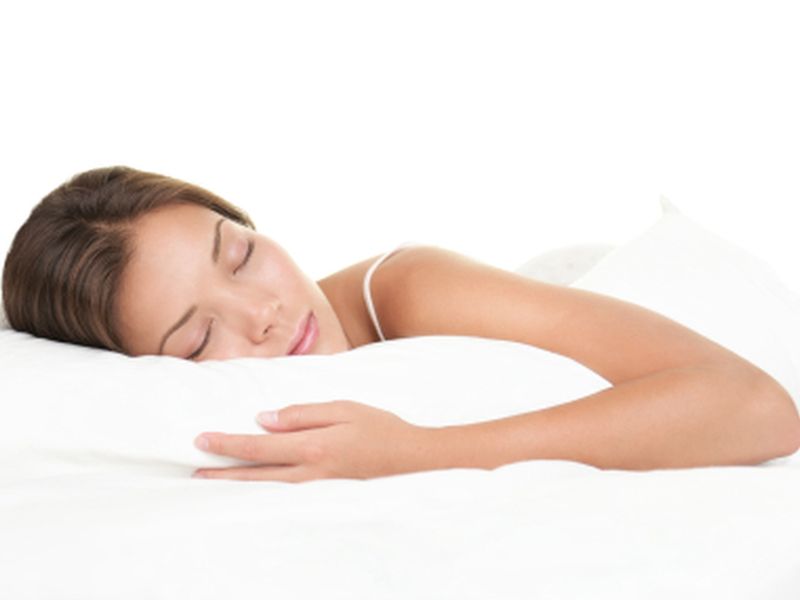
Many Americans aren't getting a solid seven hours of sleep a night, putting them at risk for diabetes, heart disease, and obesity.
But it's the brain that needs a good night's sleep the most, according to Dr. Randall Wright, a neurologist at Houston Methodist Hospital.
"When you are asleep, your brain catches up on tasks it can't do while you are navigating your day, such as cleaning out waste, saving new information, and filing away memories," Wright said in a hospital news release. "When you don't get enough sleep, the brain can't complete all of these tasks, and that can lead to memory problems and serious brain disease in the long run."
It might also cause the chronic conditions associated with lack of sleep, he said.
Wright offered three tips to help you get to sleep and stay asleep.
- Start a nightly wind-down routine, which might include brushing your teeth, taking a warm shower, listening to relaxing music and reading a book. "Your brain will begin to recognize this pattern as signals that it is time to relax and will release hormones to help you fall asleep when you get in bed," Wright said.
- Keep your electronics out of the bedroom. "This may not be practical for adults, but is a must for kids," he said. Don't use your phone once you've started winding down, and if you wake during the night, don't turn on your tablet or TV. Instead, have a cup of tea or read a book.
- Eat and exercise early. Have dinner before 7 p.m. to give your body time to digest your meal before bedtime. "Studies have shown that people who exercise during the day tend to sleep better," Wright said. "I tell my patients to exercise as early in the day as possible. For many, exercise releases adrenaline and endorphins, and these hormones will keep you awake if you exercise late in the day."
Developing good sleep habits is the best way to get the sleep you need and crave, Wright said. Sleep aids should be a last resort.
"While people don't usually become addicted to sleep aids, it is very easy to become dependent on them, which will lead to needing a higher dose every few months. And in the long run, those medications can begin to affect major organs and lead to other health issues," he warned.
Source: Houston Methodist Hospital, news release.







0 Comments